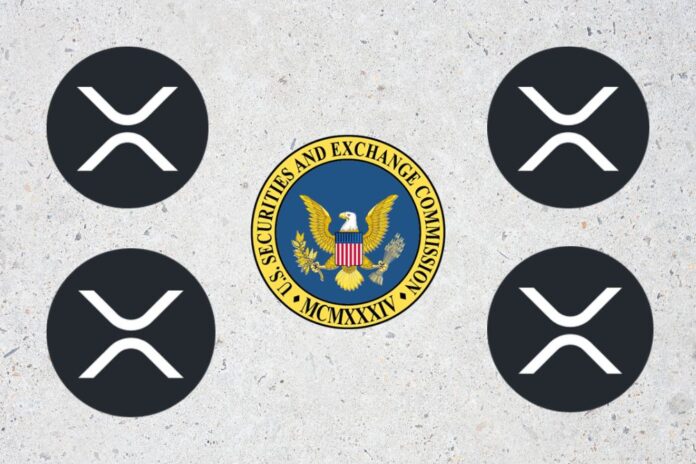In the ongoing legal battle between Ripple and the U.S. Securities and Exchange Commission (SEC), the question of a potential $770 million disgorgement for Ripple has been a central point of contention. However, prominent pro-XRP attorney John Deaton has presented a compelling argument suggesting that such a hefty penalty is highly unlikely.
Deaton’s assertions are grounded in several key factors that could significantly influence the court’s decision. One crucial aspect is the Supreme Court’s Morrison ruling, which limits the SEC’s jurisdiction to sales within the United States.
I will address this on Tuesday’s @CryptoLawUS livestream. @Ripple will pay a lot less than $770M.
The Supreme Court ruled disgorgement is not punitive in nature and cannot exceed “net profits” from the sales. A company can deduct legitimate business expenses. @bgarlinghouse and… https://t.co/jDkOfouj1w
— John E Deaton (@JohnEDeaton1) November 11, 2023
Read Also: XRP To Reach $10,000 or Attain Ethereum Valuation? John Deaton Has This To Say
This ruling carries significant weight for Ripple, as a substantial portion of XRP sales occurred outside the U.S., in regions like the United Kingdom, Japan, and Switzerland. Moreover, regulatory bodies in these jurisdictions have not classified XRP as a security, further strengthening Ripple’s position.
Ripple’s Reduced Disgorgement Amount
Deaton emphasizes that the legal action against Ripple stems from a regulatory disagreement and is not majorly focused on fraud. This distinction is important as it shifts the focus of the lawsuit toward regulatory compliance and not punitive measures for fraud.
Non-U.S. sales of XRP could account for up to 90% of total sales, and sales to accredited investors reduce the potential for disgorgement. Deaton estimates a substantial reduction in the potential disgorgement amount.
Furthermore, Deaton highlights that most institutional XRP sales have not resulted in investor harm. The current XRP price exceeds the levels during those sales, indicating that investors have not suffered losses. Ripple Chief Legal Officer (CLO) Stuart Alderoty recently highlighted this as a disadvantage for the SEC.
Additionally, Deaton underscores the rapid nature of On-Demand Liquidity (ODL) transactions with XRP, occurring within seconds, further reducing the potential for investor harm. Interestingly, the accusations of harm seem to be directed more at the SEC than Ripple, particularly among the 75,000 XRP holders involved in the legal action.
We are on twitter, follow us to connect with us :- @TimesTabloid1
— TimesTabloid (@TimesTabloid1) July 15, 2023
Read Also: Pro-XRP John Deaton Shares Likely Timeline For Ripple-SEC Case Final Judgement
Deaton also pointed out that the Supreme Court’s ruling on disgorgement limits the amount of net profits from sales and allows companies to deduct legitimate business expenses. He added that Ripple has already paid $150 million in legal fees, which could also be deducted.
Considering these factors, Deaton believes that Ripple’s disgorgement is likely to be far lower than the initially anticipated $770 million.
He has even suggested that Ripple could be owed money by the SEC if the court deducts legitimate business expenses, foreign sales, sales to accredited investors, ODL transactions, and Ripple’s $150 million in legal fees. The attorney also recently shared the likely timeline for the XRP lawsuit.
Follow us on Twitter, Facebook, Telegram, and Google News



